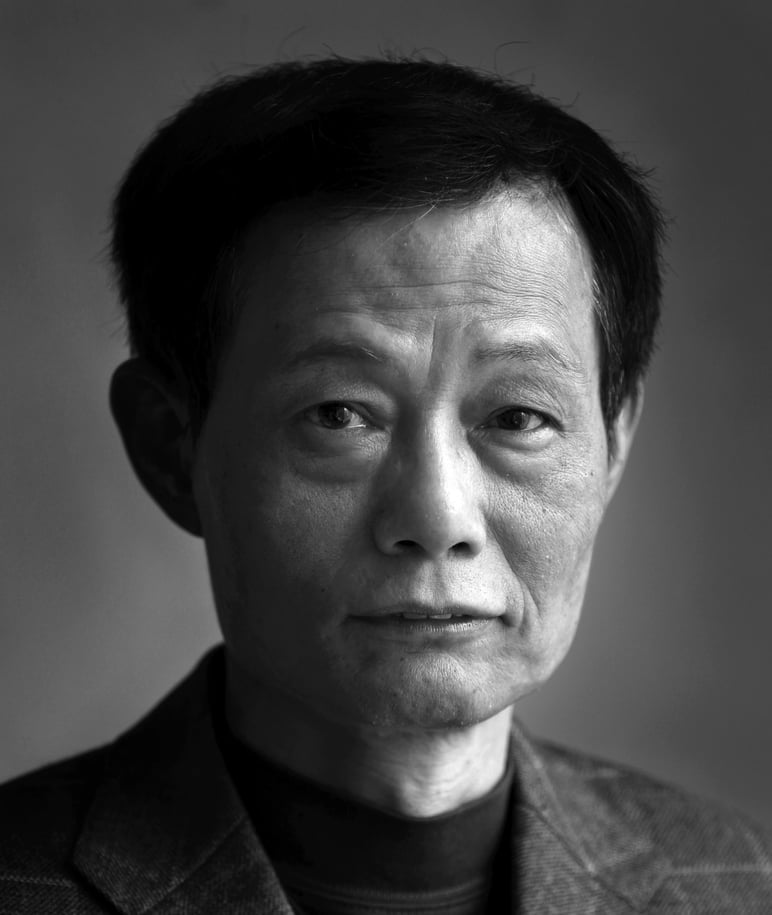
Renminbi's inclusion in IMF basket of reserve currencies can spark major reforms
Cary Huang says adding the yuan to the basket of reserve currencies would be a milestone, prompting China to ease banking and financial controls
The International Monetary Fund's highly anticipated move to include the renminbi in its official basket of reserve currencies later this year would symbolically be a major political and diplomatic triumph for Beijing as it will be seen as official recognition of China's development and its rising clout in the global economy.
But the deeper impact of adding the yuan to the dollar, euro, yen and pound in the special drawing rights would be to usher in a fresh round of bold market reforms for the world's major quasi-capital and quasi-socialist economy following its accession to the World Trade Organisation in 2001.
The immediate economic impact on global financial markets would be limited, as the yuan would be unlikely to receive an allocation of more than 10 per cent, the same as the pound and the yen, perhaps amounting to US$28 billion.
However, the development could become a milestone in the renminbi's internationalisation and boost in the currency's status as a global reserve asset, which should over time expand its role as a currency for international trade and investment.
To meet the IMF's criteria for inclusion, China has had to undergo a fundamental overhaul of its Stalinist-style financial and banking sector, which until recently was still under strict state control and regulation.
The chain reaction of such reforms would change the trajectory of intertwined key institutions and core policies, such as opening up the capital account, the convertibility of the renminbi, the reform of the interest rate system and the exchange rate regime, and the opening up of the financial market in the world's second-largest economy.
A new wave of deregulation would be seen as the last and most important step in China's decades-long embrace of capitalism and globalism.
The yuan's inclusion as a global reserve currency would prompt the government to relax its draconian restrictions on the banking and financial sector
The opening-up of the capital account will probably lead to a sudden increase in capital outflows, as households and corporations look to diversify some of their assets into foreign currencies while also seeking safe havens for personal assets overseas, given the long-time strict controls on domestic residents' outbound investment.
This opening-up will force China to introduce a more market-based interest rate and exchange rate system as a result of the free flow of funds in the markets and will help transform state-owned banks; reform will subject them to market competition.
China is facing pressure to rebalance its economy, as the export-driven and state-led, investment-fuelled growth model, which has been used for decades, is no longer sustainable. Reforms will help make the allocation of funds more efficient and develop a consumption-based economy as deregulation will give individuals a greater choice about where to invest their money to get higher returns. This should help rebalance growth from investment to consumption and lift the growth rate in the future.
A market-based exchange rate will help solve China's long-term trade disputes with its major Western trade partners, the US in particular. And the reforms will end the state banks' and state-owned financial institutions' monopoly in the markets.
China's policymakers and central bankers would be forced to overhaul their macro and monetary policymaking, thus phasing out direct intervention in the market.
The yuan's inclusion as a global reserve currency would prompt the government to relax its draconian restrictions on the banking and financial sector so as to fully open the market and capture the benefits of opening its capital account and internationalising the yuan.

